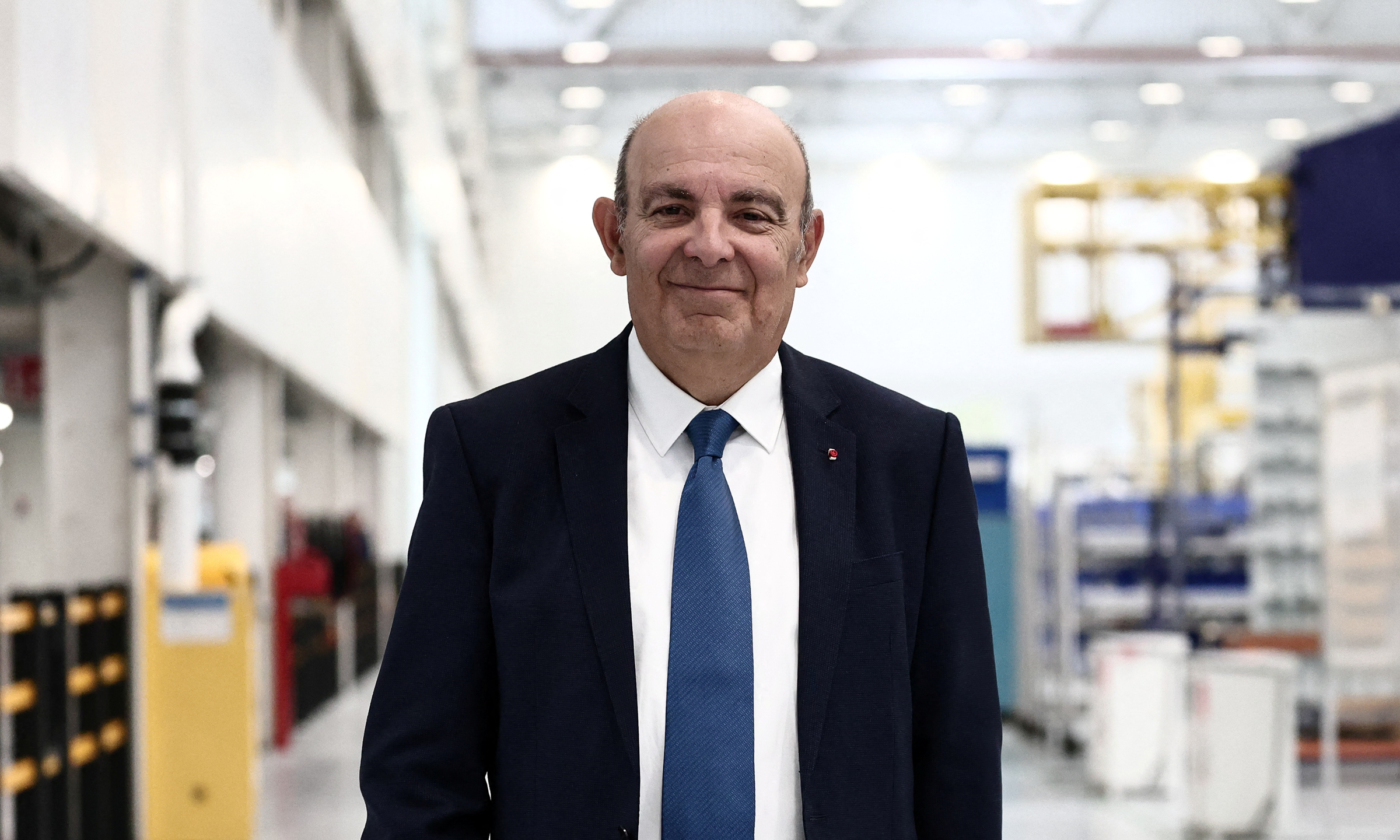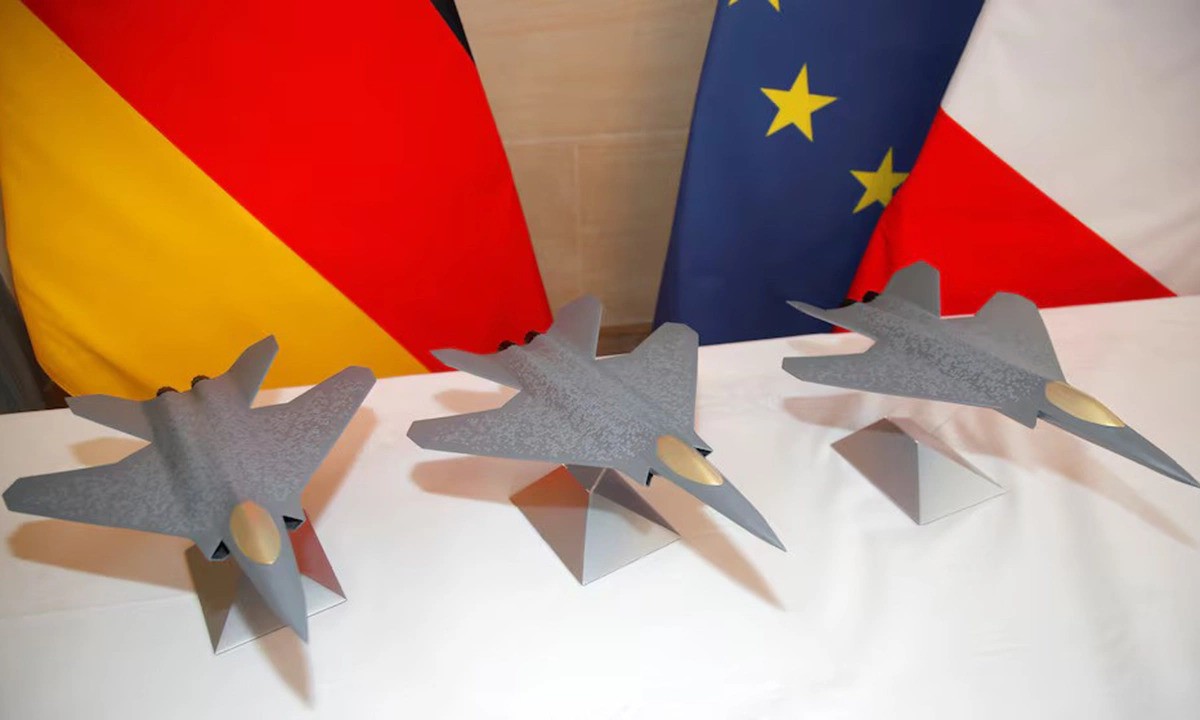"The answer is yes," Eric Trappier, CEO of French aircraft manufacturer Dassault Aviation, said on 23/9 when asked if the company could develop the 6th-generation fighter jet independently.
"I don't care if the German side complains. If they want to do it themselves, let them," he added.
France, Germany, and Spain launched the FCAS project in 2017 to develop a 6th-generation fighter to replace the Rafale and Typhoon jets currently in service with the three countries' air forces.
However, the project is stalled due to disagreements between Dassault and Airbus, the company representing German interests in the program. Germany accuses Dassault of wanting to be the sole leader of the project, preventing FCAS from moving to the next phase.
 |
Trappier at the inauguration of a Dassault Aviation factory in Cergy, France, on 23/9. Photo: AFP |
Trappier at the inauguration of a Dassault Aviation factory in Cergy, France, on 23/9. Photo: AFP
Trappier affirmed that Dassault is "completely open" to cooperation, including with Germany, but emphasized that the French company could also develop the 6th-generation fighter alone. "We know how to do everything from A to Z, and we have proven that for 70 years. We have the skills," he said.
The Dassault CEO also reiterated his desire to be granted leadership of the FCAS project. "Give us the leadership of the program. In terms of governance, I do not accept having three people sitting around a table to decide every technical aspect of the aircraft," he said.
The French aircraft manufacturer's leader said that a solution to the disagreement has not yet been found, complaining that his contact at Airbus is a German manager, not his counterpart Guillaume Faury.
Meanwhile, an Airbus representative also expressed doubts about Dassault's continued participation in the project. "I believe FCAS will continue without Dassault. There are more suitable and attractive partners in Europe," said Thomas Pretzl, chairman of the Airbus Defence & Space works council.
French President Emmanuel Macron and German Chancellor Friedrich Merz have both expressed support for the FCAS project, but tensions between Dassault and Airbus are damaging cooperative efforts. German Defense Minister Boris Pistorius last month called on France to quickly resolve the program's deadlock, emphasizing that the project "cannot be further delayed."
During a visit to Madrid last week, Chancellor Merz said that Germany and Spain want to try to reach a solution by the end of this year. "The current situation is not good, and we have not made any progress in this project," he said.
The French Ministry of Defense last week declared that France and Germany remain determined to cooperate with Spain to implement the FCAS program. Representatives of the three countries are scheduled to meet in Berlin in October to find ways to resolve the disagreements related to the project.
 |
A model of the FCAS fighter jet on display in Paris, France, in 2020. Photo: Reuters |
A model of the FCAS fighter jet on display in Paris, France, in 2020. Photo: Reuters
FCAS was initiated to enhance Europe's defense autonomy amid rising tensions following Russia's campaign in Ukraine. Observers estimate that countries will spend about USD 118 billion to develop the new fighter jet and related technologies within the project. The aircraft is expected to be operational from 2040.
France, Germany, and Spain want to accelerate progress due to competitive pressure from the Global Combat Air Programme (GCAP), a joint project between the UK, Italy, and Japan to develop a 6th-generation fighter. This aircraft is targeted to enter service from 2035.
Pham Giang (According to AFP, Reuters)












